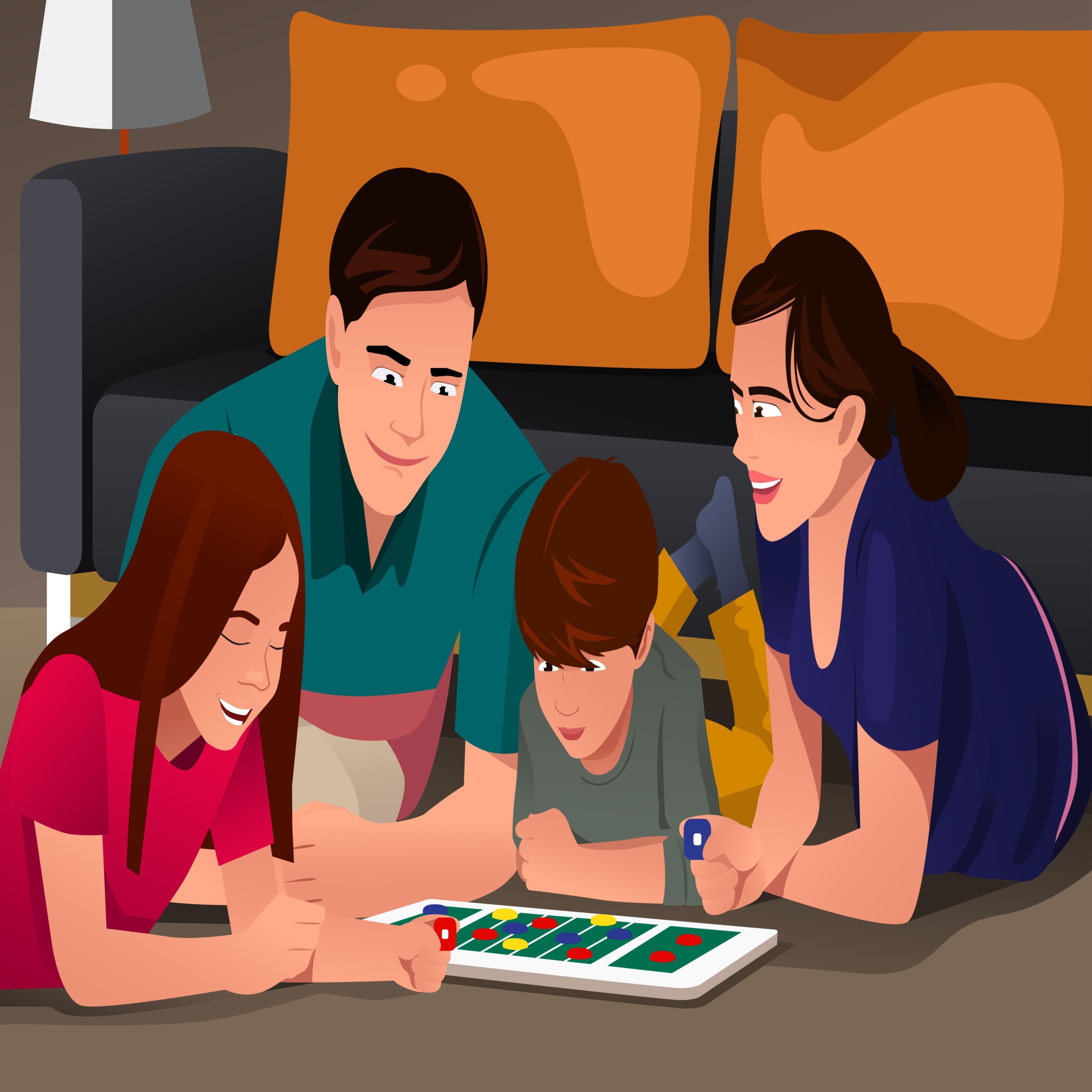Q: What tips do you have for connecting with a 14-year-old? My teen is splitting away from me a bit, as he should be, but I feel pretty separated from him, and you talk a lot about connection. Do you have any advice for that as he begins his teen years? Thank you.
A: You are right: I talk about connection a lot. It’s the key to unlocking a better relationship with everyone in our lives, especially our children. I love that you want to connect with your 14-year-old, and doing so varies from how we connect with our younger children. It requires a slightly different skill set from us parents, but it’s in our wheelhouse.
To determine what to do, we first need to clarify your why. Do we need a reason to connect with our children? No. This is just what people do! But it’s worthwhile to look at why you are so keen to connect, because that can guide your actions.
This doesn’t require deep psychoanalysis; to shed light on your intentions, try having a “walk and talk” with yourself. Are you afraid of losing him because you checked out of your family around the same age? Do you want to connect because you’re worried about his friend group? Do you want to connect to be able to communicate about his schoolwork or chores? Your reasons don’t have to be crystal clear, but I have found that, when parents try to connect with their teens out of neediness or fear, they create unintended struggles, pain and miscommunication. Before you do anything, please clarify your “why.”
[sc name=”Button Conflict to Cooperation Right”]
As for tips for connecting, let me begin with a short list of don’ts:
●Don’t be a try-hard. Another way of putting this is don’t be needy. Connection is a long game, so try to let it feel as easy as it can.
●Don’t make connecting about your agenda. You may have dreams about epic hikes, but your teen may just want to go to a sneaker store. Don’t drag him on hikes — at least at first.
●Don’t ask for too much. This means don’t make too many demands regarding his time and attention.
●Don’t overcomplicate things. The easiest answer is sometimes the right one.
●Don’t take his responses too personally. Connection is a dance; some days, he’ll be waltzing and you’ll be doing the cha-cha, and you’ll feel completely out of sync. That’s okay, and remember that it probably has nothing to do with you.
●Don’t critique or criticize when you’re connecting. If you have chore or homework ideas, keep them for another time. Just connect.
●Don’t expect cheerleader kicks or outright enthusiasm from your teen. Sometimes, you must proceed “as if,” meaning as if it will all work out. Be confident.
So, what can you do?
First, you know your son best, so make a quick list of places to go, foods to eat, games to play, stores to browse, friends to bring along and movies to watch. The list doesn’t have to be perfect; it’s just a brain dump to generate ideas.
Next, make a doable plan for your family and yourself. You don’t need to connect constantly with your son to have an effect, but you’ll probably want to create a plan to keep yourself on track. Do you want to have dinner once a month? Weekly card games? You don’t need to be rigid about it; just keep everything scheduled enough to really do something.
Finally, don’t forget that truly listening, which means keeping your mouth shut and your ears open, making eye contact, smiling and refraining from simple questions that result in simple answers — “How was school?” “Fine.” — are subtle yet important ways to connect with your son. Simply being and staying present when he’s around will send a strong message that you love and support him.
Good luck.
Find this on The Washington Post.
Looking for more parenting support? Click Here.
Sign up for my Newsletter here to get this in your inbox every week!
